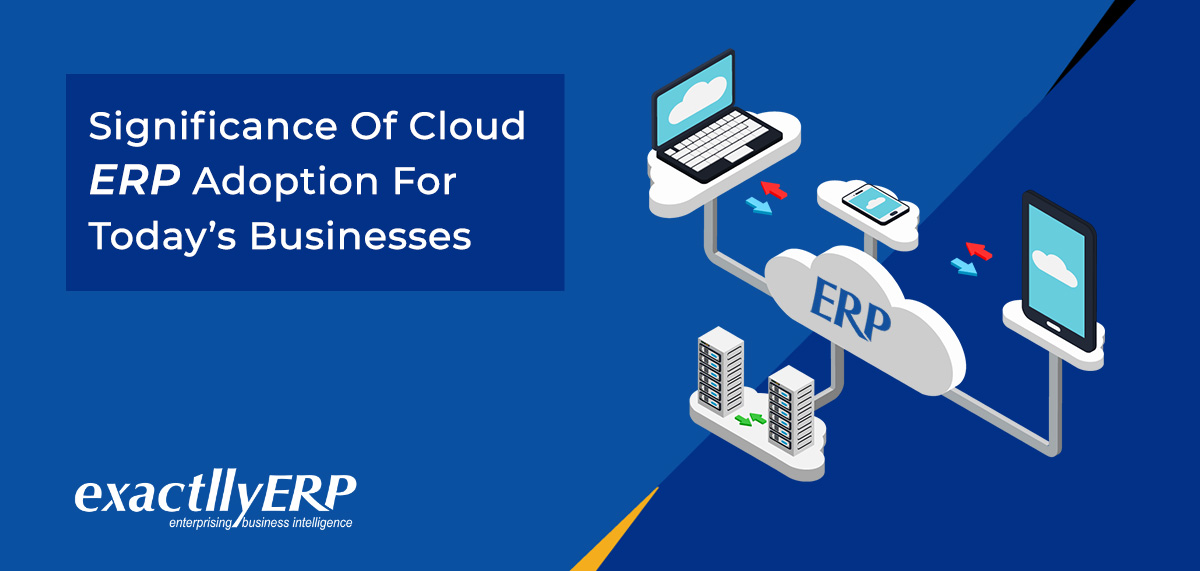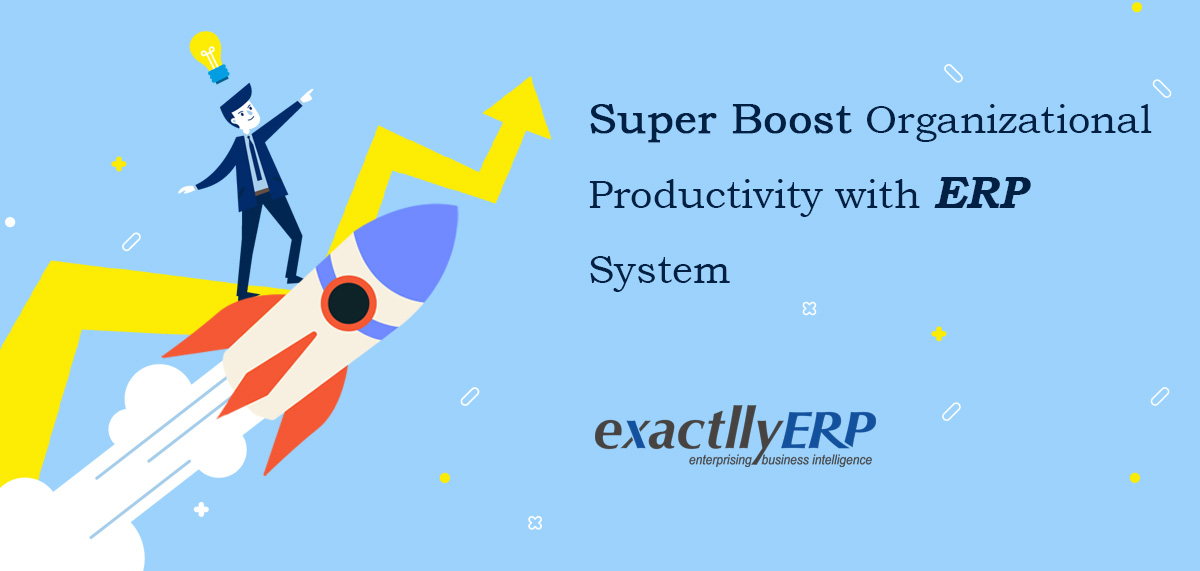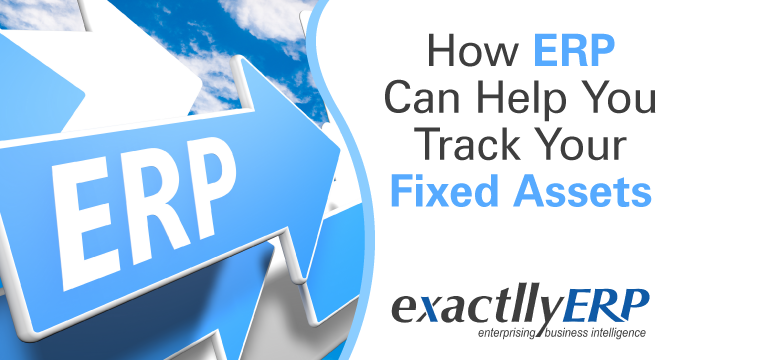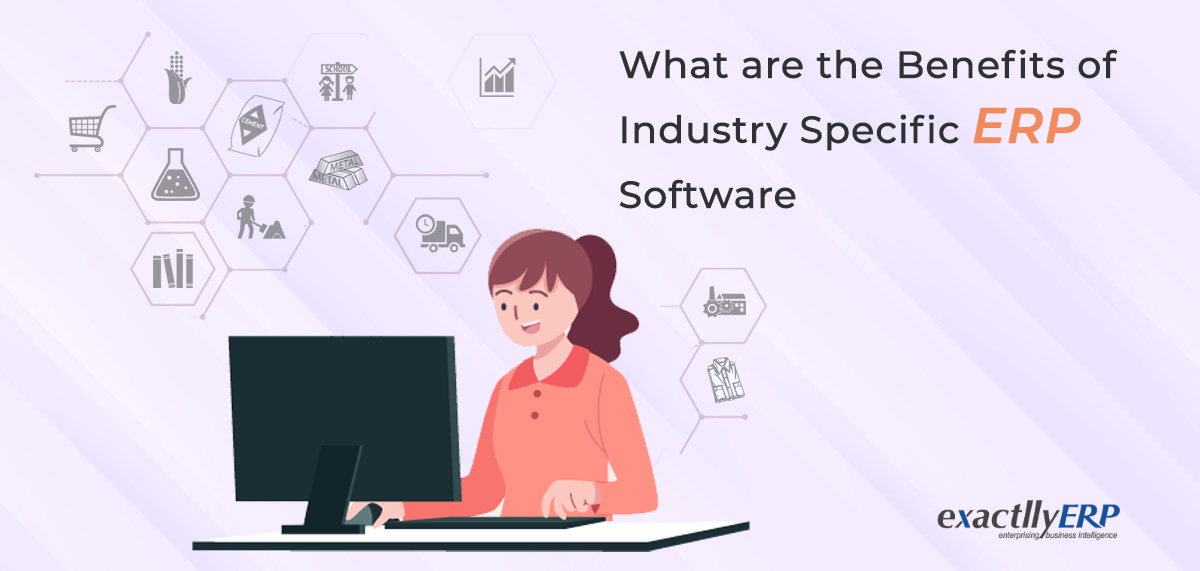How Secure Is Your Cloud-based ERP System?
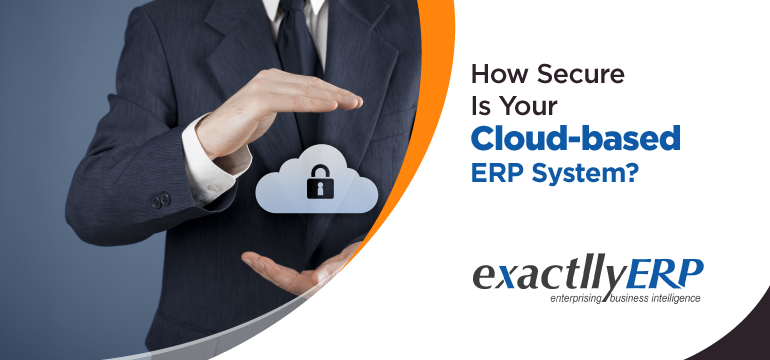
Cloud-based ERP systems
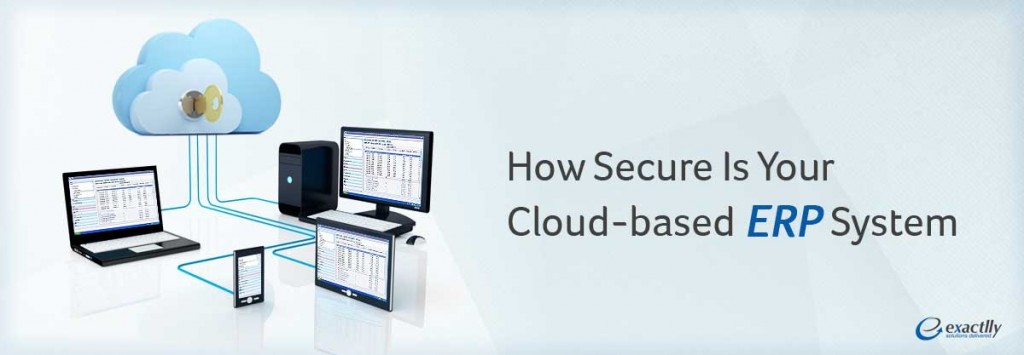 ERP systems have evolved from traditional on-premise systems to hosted systems and to cloud-based systems consequently. This change is more relevant to small-scale businesses that focus on saving direct cost, convenience of use and functionality of the system without investment of time.
ERP systems have evolved from traditional on-premise systems to hosted systems and to cloud-based systems consequently. This change is more relevant to small-scale businesses that focus on saving direct cost, convenience of use and functionality of the system without investment of time.
On the other hand, large scale organizations still prefer to use on-premise ERP systems to have better control, customization and security. Medium-scale organizations, on the contrary, rather prefer to use a hybrid model where sensitive data is hosted privately while the less sensitive data is hosted on the public cloud. The question that still troubles many organizations, especially SMEs, is data security. How safe are cloud-based ERP systems? What can be done to minimize the risk factors?
Security concerns looming over cloud-ERP system
The cloud-service is accessed over internet and is vulnerable to attacks from hackers. Data security has always been a primary concern for most organizations with the rising number of clients using a particular public cloud-hosted service. Service providers have realized the criticality of information at stake and have in turn increased their investment on security of the system. They have figured out ways to combat hackers and are continuously investing to stay updated to face their dubious attacks.
The employee responsibility factor also counts a lot among cloud-service provider. Any security breach, malicious or fraudulent attempt by the employee will put the reputation of service provider at stake and ruin a number of organizations dependent upon the service. Apart from that, most of the cloud-based services are designed to operate on smartphones and other internet-enabled gadgets.
The client organizations must train and educate their employees about the risks associated due to negligence in use of such gadgets. Password control and limited access of critical business information on mobiles should be encouraged to safeguard the interests of the organization.
To stay in the business in the longer run and sustain their image, the service providers have made rugged security and trust as their primary selling point.
Type of cloud-service model being used
The cloud-service providers offer various kinds of services to the clients to alienate the degree of risk. A public cloud is one in which the services are accessed by anyone through the internet and the data is stored on a common server. The data security is at a higher risk here. In case of a private cloud, service is located virtually on a separate server, thus, providing the user with full control over data security.
The third and the more preferable used model is the hybrid mode. Here the sensitive information is hosted on a private cloud while the less sensitive information is hosted on a public cloud. It enables the user to have triple benefits of security, efficiency and cost control.
Conclusion
Before subscribing to the cloud-service, clients must identify the service-provider who is well-trusted and considers security as a key concern. Ultimately, the safety of the cloud-service is in the hands of its stakeholders. The service provider must invest significantly to improve system security. They should provide sufficient physical security to server access besides building a strong software and system control.
The client organization and their employees should be taught about risks associated with negligence and sharing of personal gadgets. The instruction guideline issued by the service provider should be strictly followed by the clients.

